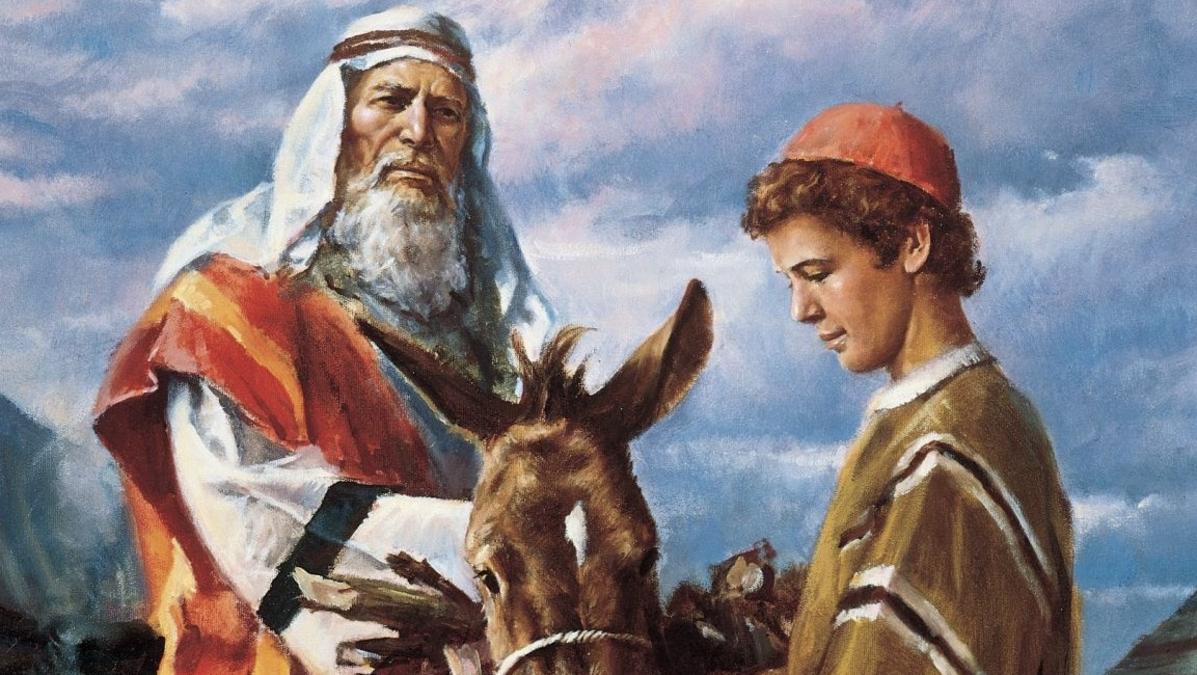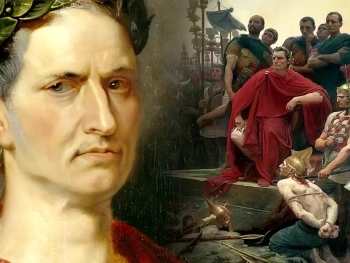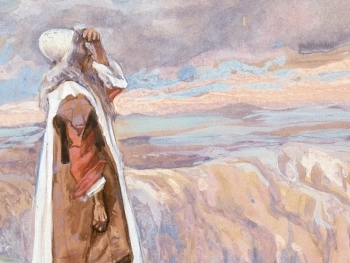The biblical narrative of Abraham is rich with complexities and moral dilemmas, and one fascinating episode that adds depth to the patriarch's story is the account of Hagar and Ishmael. This narrative, found in the book of Genesis, unveils intricate relationships, cultural dynamics, and divine intervention that shape the destiny of Abraham's descendants.
Hagar's Role:
Hagar, an Egyptian maidservant, enters the biblical narrative when Sarah, Abraham's wife, is unable to conceive. In an attempt to fulfill God's promise of descendants to Abraham, Sarah suggests that he take Hagar as a secondary wife. This decision introduces a complex layer of relationships, as Hagar becomes not only a wife but also a surrogate mother for Abraham's first son, Ishmael.
Cultural Implications:
The inclusion of Hagar in Abraham's household reflects the cultural norms of the time. Polygamy was prevalent, and using a maidservant as a surrogate was a socially acceptable means of securing an heir. However, this arrangement creates tensions and raises ethical questions that reverberate throughout the biblical narrative.
Ishmael's Birth and Conflict:
As Hagar becomes pregnant, a new set of dynamics unfolds. Hagar's elevated status as the mother of Abraham's child leads to conflict with Sarah. Ishmael's birth exacerbates the tension in Abraham's household, and Sarah's jealousy prompts her to mistreat Hagar, ultimately leading Hagar to flee into the wilderness.
Divine Intervention:
In the wilderness, Hagar encounters an angel of the Lord who instructs her to return and submit to Sarah, promising that Ishmael will become the father of a great nation. This divine intervention highlights the intricate interplay between human decisions and God's sovereign plan, emphasizing the importance of faith and obedience in the face of adversity.
Ishmael's Destiny:
The narrative of Hagar and Ishmael contributes to the broader theme of God's covenant with Abraham and the promise of descendants as numerous as the stars. While Ishmael is not the direct heir of the covenant, God's promise of a great nation for Ishmael reveals divine mercy and foresight.
The story of Hagar and Ishmael in Abraham's life adds layers of complexity to the biblical narrative, showcasing the tension between human actions, cultural norms, and divine intervention. It serves as a reminder of the intricate ways in which God's plan unfolds, even in the midst of human shortcomings and complexities. As we delve into the details of Abraham's story, we gain insights into the profound workings of faith, obedience, and the unfolding of God's promises.




